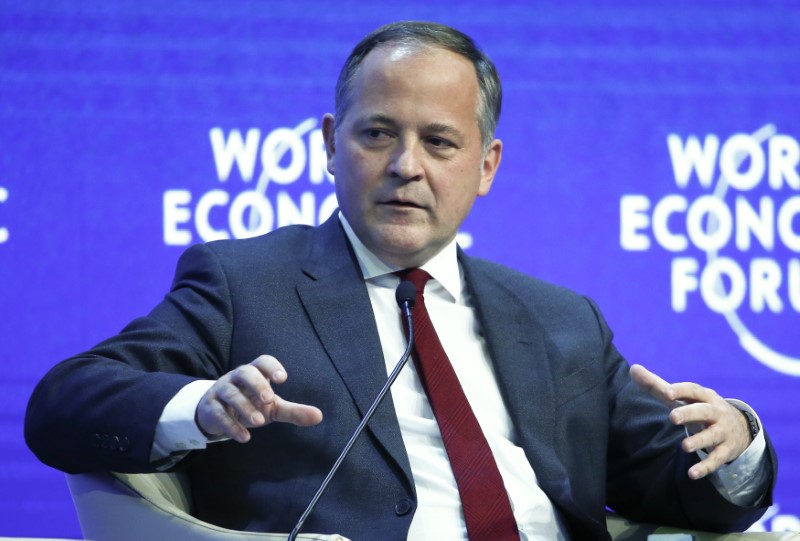ROME (Reuters) - The European Central Bank's programme of quantitative easing has been less effective than it had hoped as a result of external shocks, ECB Executive Board Member Benoit Coeure said on Monday.
Speaking at a conference in Rome, Coeure said that since the ECB began its asset buying programme the euro zone economy had been hit by "a number of external shocks", including a steep fall in commodity prices and, most recently, Britain's decision to leave the EU.
"All these external shocks have blurred the transmission of QE and made it less effective than we had foreseen initially," Coeure said.
The impact of the referendum in which Britain chose to leave the EU had been limited so far, but "the longer term effect is unknown," he said.

Asked to comment on remarks by ECB Vice President Vitor Constancio, who said last week that QE was working more slowly than anyone thought, Coeure said Constancio's was "not a comment on the effectiveness of QE but a comment on its outcome."